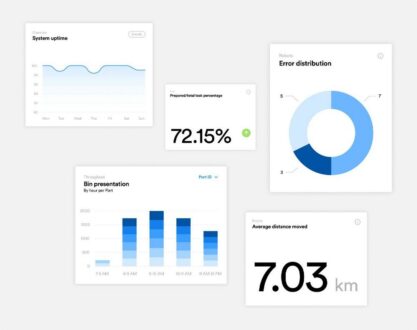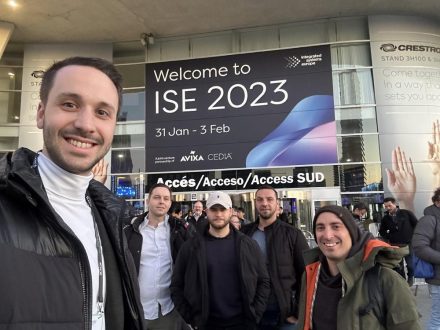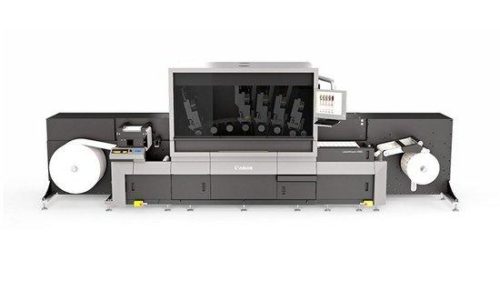Current Trends in the Usage of Multibody Dynamics Software
In recent years, space-system design has shown a clear trend towards increasing complex configurations. Typical examples are the use of several flexible components (antennas and solar arrays), the need for deployment and retrieval mechanisms, the demand for high precision pointing systems, and the increase in mission scenarios implying the assembly of large structures in space. This trend has also caused an evolution towards a multi-disciplinary design approach, particularly in the area of dynamics and control.
In order to study the performance of generic controlled dynamic systems, it is essential to have a dedicated tool, which allows the user to model, in a short time, the complex behaviour of the dynamic systems and their interactions with the control. In fact, some systems require a model with more than one body in order to take into account their different characteristics and their mutual dynamic interactions. This task is pretty complex and requires one to dedicate quite some time to understand, code and validate the dynamic behaviour of the system.
A lot of research has gone into the development and improvement of multibody software, with the aim of reducing the time of modelling a system and the computation time required to run an analysis. Multibody software involve the derivation of the equations of motion for multibody systems, which are systems characterised by several bodies connected by hinges that permit relative motion across them.
Based on the latest improvements in software and technical experience, the modelling and simulation approach enhances the design and verification process of aerospace mechanisms/systems.
This refers to several aspects such as:
- Anticipate and understand hardware performance
- Identify criticalities of key design parameters by means of parametric/sensitivity analyses
- Optimise the hardware design
- Interpret the H/W performance by model-assisted approach
- Diagnose any potential anomaly
NAFEMS Deutschland, Österreich, Schweiz GmbH
Griesstraße 20
85567 Grafing b. München
Telefon: +49 (176) 21798401
Telefax: +49 (3 22) 11 08 99 13 41
http://www.nafems.org
![]()



